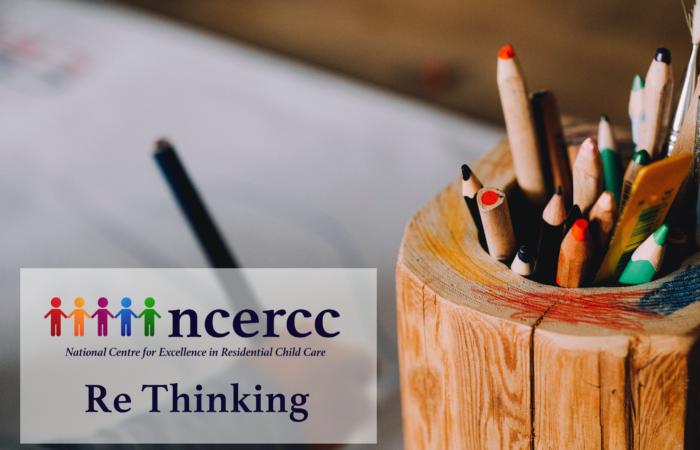
New research shows the positive generational impact of providing services with an enduring safety net
Redrafting the words of the researcher gets us to the nitty gritty of the research, “An enduring emotional safety net ..can be a lever for building resilience… (and) is crucial to break the vicious cycle of disadvantage and care experience”.
The research reports the effects of care that care leavers experience have had and are having now, it shows we are far from the emotional safety net needed.
The research needs to be followed up getting further into the mechanisms of making the change, the values and practices that need to be central. There needs to be stronger identification of ‘how’ and ‘who’.
Given the content of the research it is surprising that Attachment is not present in the Recommendations. There is a recognition of relationships.
The research shows the importance of Attachment to be vital in all we do as individuals and as a care system. We need to act to ensure Attachment is present (as an ethic), and act when we understand it is not.
Attachment is adaptative behaviour. Grown-ups are attachment makers and children are attachment takers.
It follows that an ‘Attachment Risk Evaluation’ could be at the forefront of our everyday practice – how does what we are doing today provide this child with the emotional experiences necessary for their future life? For services – how will this policy and budget decision enhance this service to provide continuity of relationships and attachment for children?
Attachment matters – are we making this evaluation in the way we currently do things?
Resilience is ‘a set of qualities that helps a person to withstand many of the negative effects of adversity (Gilligan, 2000).
The resilience an individual comes from the richness of the relationships and environment.
It is created, not something we are born with.
‘Bouncebackability’ is absorbed by a child and taken into future life. This is different than survival from an impoverished environment.
The multiple disadvantages in health, education and employment that are identified in the research need to be consciously addressed in our everyday working.
Emotional security precedes educational engagement, advancement, achievement and attainment.
The research provides further support for the idea of Through and Continuing care and shows how the concept of Leaving Care that has become accepted is not based in child care theory.
Readiness is necessary for resilience.
The research provides a challenge to the idea of the separation of Care and Support that has been introduced.


